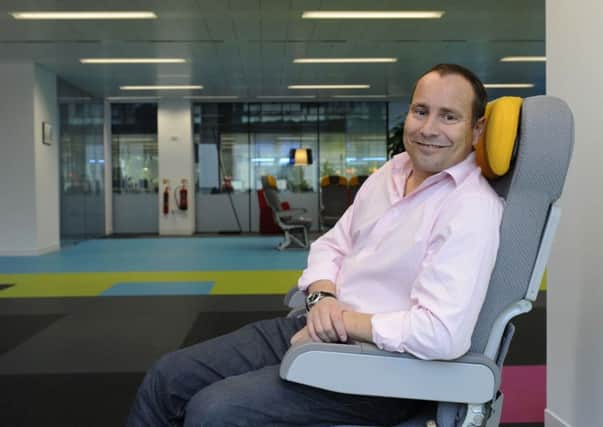Skyscanner: Maintaining Scotland’s culture of innovation


Edinburgh-based travel search engine Skyscanner has continued to fly the flag for that tradition. It has recently been recognised for its pioneering approach to product innovation, picking up awards for overall Scottish Business of the Year, the International Technology Star award at the ScotlandIS Digital Technology Awards, as well as the PwC UK Tech Award for best tech company in the digital economy.
Much of the travel search site’s recent success lies in its ability to look beyond its core offering to new and inventive opportunities, taking a trail-blazing approach to create fresh ways for users to conduct travel searches and opening up the opportunity for other businesses and start-ups to make use of Skyscanner’s technology in novel and inventive ways.
Advertisement
Hide AdAdvertisement
Hide AdThis month, Skyscanner became the first travel search engine to create a voice-based flight search tool to integrate in Amazon’s Echo. The hands-free device provides users with information through its Alexa voice service, with the ability to answer questions, play music, read the news, and more. The tool will allow users to ask Alexa to search Skyscanner for flight travel options, leading the traveller through a series of questions to guide Alexa to the proper flight option.
Not quite yet available to the general public, but soon enough consumers will be able to ask Alexa to find them a flight as easily as searching on any mobile device or computer.
The key to forward-thinking innovation is to share knowledge and technical expertise, and Skyscanner has made a concerted effort to be as open as possible to allow others to bring value to travellers too. Skyscanner has been able to offer its own technology to many other businesses across the globe to create ground-breaking travel solutions, opening its travel data feeds to a host of promising start-ups across multiple geographies.
The technology, developed by Skyscanner for Business – the meta-search site’s B2B operation – has been used to create exciting new travel apps and sites across the world. In the UK, new app LuckyTrip has used Skyscanner’s technology to create “a trip in a tap”. Portuguese-based Tripaya created a trip-planning tool based on user’s budgets. Further afield, the Scottish business’s technology has been used in the US by inspirational travel tool Hitlist, and in China by popular travel forum site UTravel, amongst many hundreds more.
Skyscanner’s 50 million monthly users on their core website and apps continue to be the travel search site’s prime focus. But embedding in new and emerging technologies early and supporting other bright businesses with the resources to create alternative leading edge travel solutions shows Skyscanner very much remains in touch with the culture of invention and discovery that has characterised the country in which it was founded.